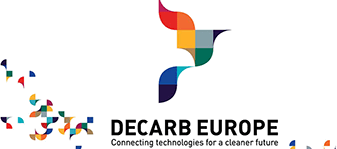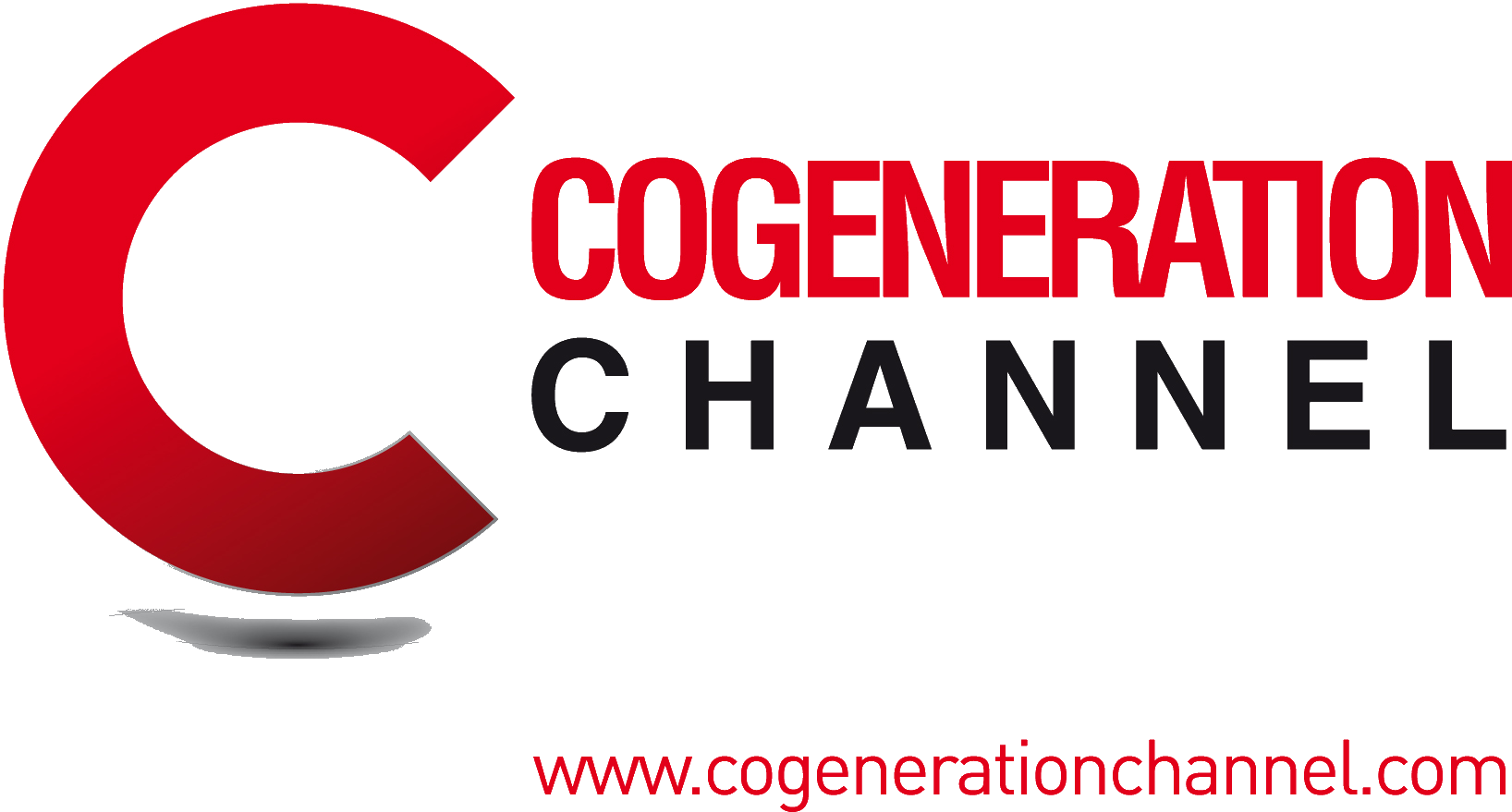PRESS RELEASE
7 February 2024
COGEN Europe, the European Association for the Promotion of Cogeneration, welcomes the opening of discussions on objectives and measures for reducing emissions of greenhouse gases by 2040, on the path to achieving the European Union’s goal of 'net zero' emissions by 2050. In this context, we wish to underline that cogeneration has a key role to play in reliably and affordably meeting the energy needs of households and businesses, addressing systemic challenges relating to flexibility and adequacy, and making the most efficient use of precious energy sources such as renewable biogas, biomethane and clean hydrogen.
Yesterday (6 February 2024), the European Commission published a Communication Securing our Future – Europe's 2040 climate target and path to climate neutrality by 2050 building a sustainable, just and prosperous society, which recommends setting a target at EU level for reducing net greenhouse gas emissions by 90% (compared to 1990 levels) by the year 2040. The Commission’s Communication stresses the need to mobilise all available zero-carbon and low-carbon solutions, including energy efficiency, in order to decarbonise Europe’s energy systems.
COGEN Europe supports an ambitious, comprehensive and predictable legislative framework towards achieving the European Union’s goal of 'net zero' greenhouse gas emissions by 2050. We believe that the process of setting an emissions target for 2040 must take into account the role of energy efficient solutions and technologies, including cogeneration, and how they contribute towards the EU’s industrial competitiveness, as well as to the affordability and resilience of the entire energy system.
Commenting on the Commission’s Communication, Hans Korteweg, COGEN Europe’s Managing Director, said: "COGEN Europe fully supports the European Union’s objective of achieving a climate neutral energy system by 2050, and Europe’s cogeneration sector is ready to play its part in helping to meet the EU’s emission reduction target for 2030 and significantly cutting energy sector emissions by 2040. A range of cogeneration technologies are already available that can enhance energy efficiency and strengthen system resilience, whilst making the most efficient use of precious energy sources such as renewable biogas, biomethane and clean hydrogen. Cogeneration can play a key role in terms of balancing supply and demand across increasingly integrated energy systems, complementing intermittent renewables and supporting electrification.”
COGEN Europe calls on the European Commission to put in place an inclusive process that will develop a robust and realistic plan for reducing greenhouse gas emissions by 2040. Within this framework, it will be important to:
- Consider all cost-effective clean energy solutions that can contribute towards the decarbonisation of the energy sector, industry and buildings;
- Take a whole-economy approach to decarbonisation and support the integration of energy systems (including renewable gases and heat);
- Prioritise security of supply and resiliency, while supporting the uptake of all available renewable and low carbon energy sources;
- Accelerate funding to finance investments that will facilitate the energy transition for industrial and domestic consumers, including cogeneration technologies.
Many of the solutions needed to deliver significant emission reductions are already available. Cogeneration can enable the efficient use of all thermal renewable sources, including bioenergy, hydrogen and e-fuels. Moreover, cogeneration complements direct electrification in buildings and district heating, as it produces both heat and electricity at times of insufficient wind and PV generation. Across industry, cogeneration can efficiently provide a continuous supply of heat and electricity, which remains critical for industrial competitiveness.
According to research1 carried out for COGEN Europe, investments in carbon neutral cogeneration technologies could lead to cost reductions of up to €8.2 billion across the EU economy per year, whilst saving more than 200 TWh of energy annually. By 2050, cost-effective CHP2 uptake could deliver between 30% and 36% of thermal power generation and up to 91% of thermal heat generation across industry, buildings and cities.
2. CHP or 'Combined Heat and Power' is another name for cogeneration.
Further information









